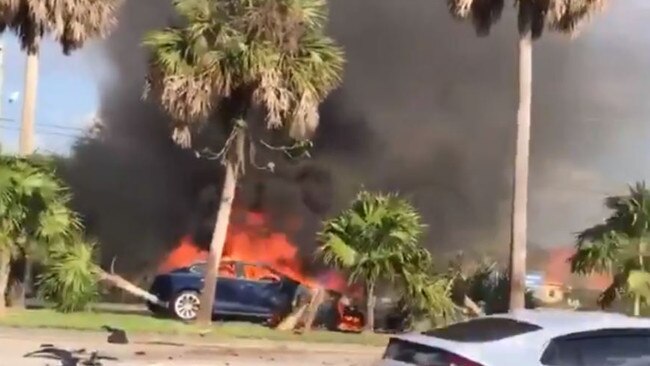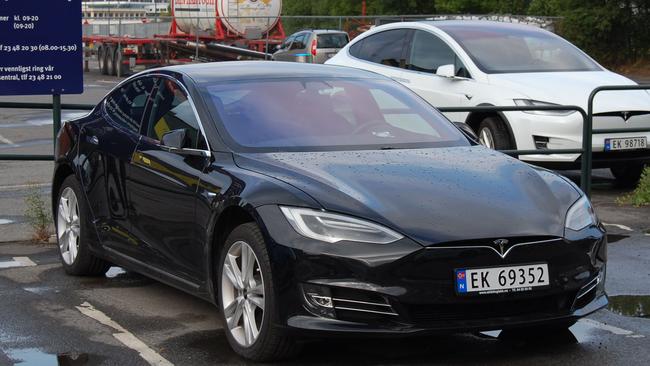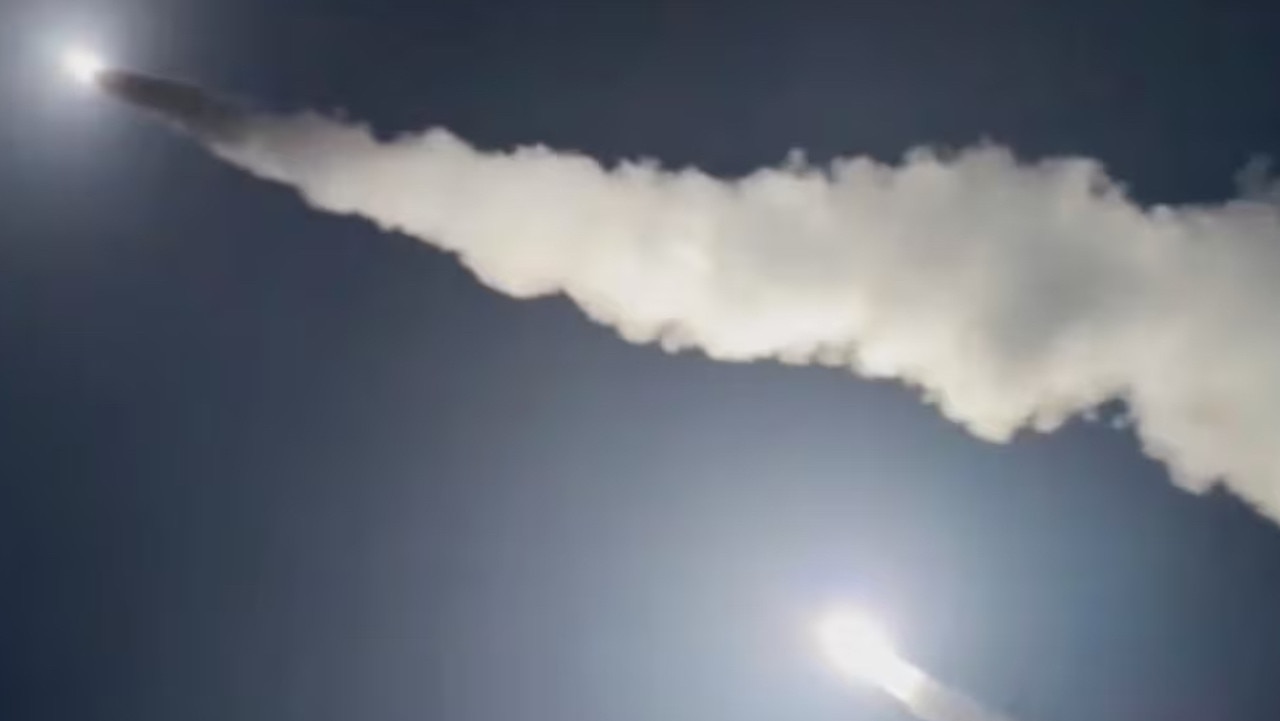Family of doctor who burnt to death in his crashed Tesla sues because of doors
A doctor who burnt to death in his Tesla couldn’t be saved due to its aerodynamic door handles.

A father of five who burnt to death in his Tesla car after crashing could not be saved because of the vehicle’s aerodynamic door handles, a lawsuit against the carmaker has claimed.
Omar Awan, 48, was driving his Model S in Davie, south Florida, in February when he lost control, swerved through three lanes of traffic and crashed into a palm tree. The car’s lithium ion battery caught fire, and smoke and flames engulfed the car.
A wrongful death lawsuit against Tesla claims that emergency services were unable to open the doors and watched “helplessly” as Dr Awan, an anaesthetist, suffocated.
The $US75,000 Model S has retractable door handles that pop out at the approach of someone holding a key fob and withdraw when the door is closed. The lawsuit filed by Dr Awan’s wife, Liliana, states that her husband was alive just after he crashed and had no broken bones or internal injuries.
“The fire engulfed the car and burnt Dr Awan beyond recognition — all because the Model S has inaccessible door handles, no other way to open the doors, and an unreasonably dangerous fire risk,” the lawsuit says.
Smoke inhalation was recorded as the cause of death, with “thermal injuries” as a contributing cause.

A spokeswoman for Grossman Roth Yaffa Cohen, the family’s lawyers, said the car was too quickly engulfed by flames for emergency services to smash any of the windows after the policeman found he could not open the doors.
The lawsuit, filed with Broward county court, says: “Tesla failed to warn users about the scope and extent of the defective and unreasonably dangerous conditions of the Model S.” Previously Tesla has claimed that the Model S car sets an industry standard for safety.
Dr Awan’s car burnt for hours and reignited several times after being put out, even after it was towed away.
Tesla did not immediately respond to requests for comment, and its lawyers have yet to respond in court. The electric car maker updated its battery software this year after a series of seemingly spontaneous fires occurred in Model S cars in Shanghai and Hong Kong.

The family of an 18-year-old man who lost control of his Tesla in Florida last year and crashed into a wall have said that the crash was “entirely survivable” but that an explosion of the battery made it fatal.
Fire crews around the world have adjusted the way they respond to accidents involving electric cars because the chemicals used in a conventional fire extinguisher are useless in the case of lithium-ion batteries.
THE TIMES


